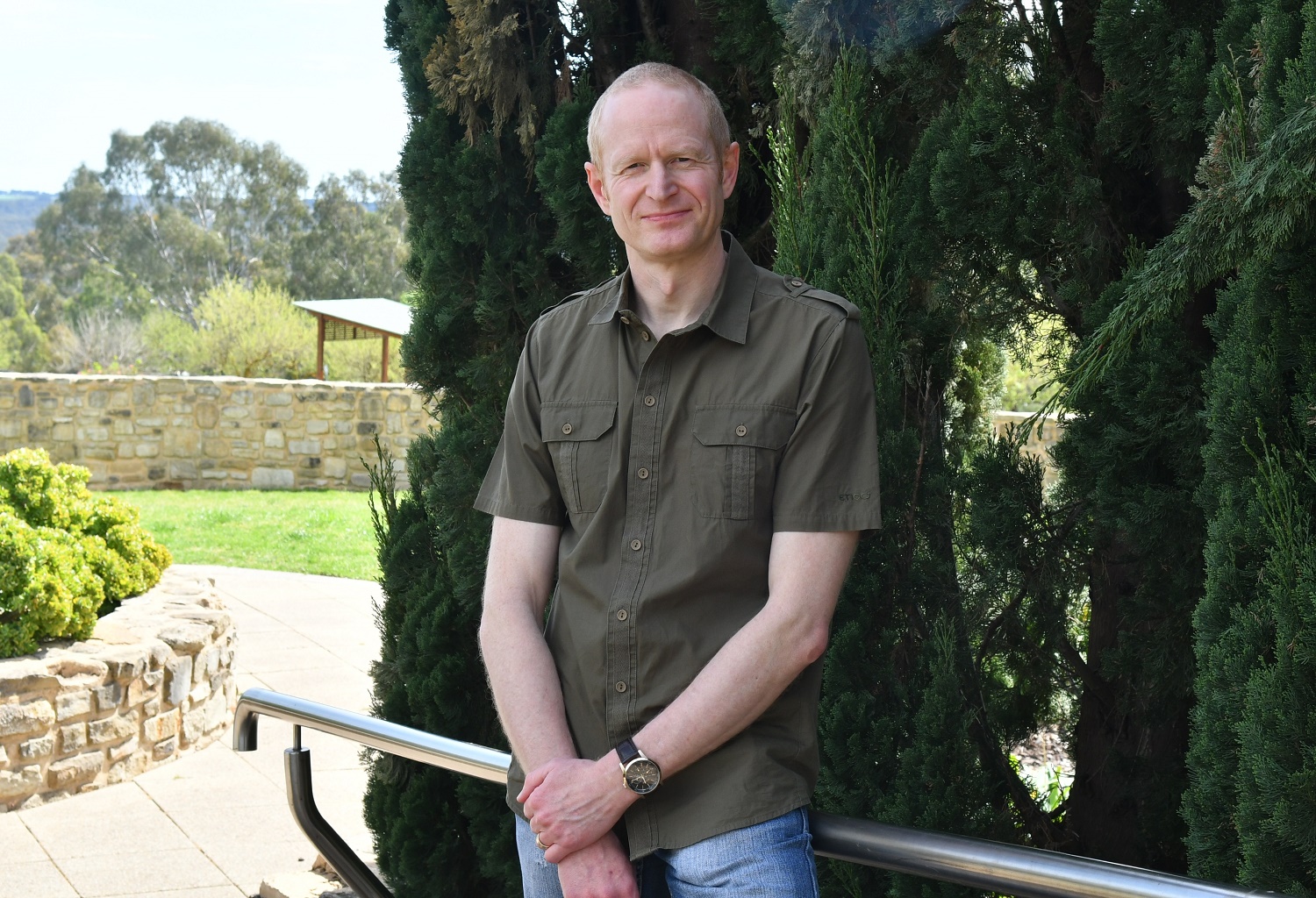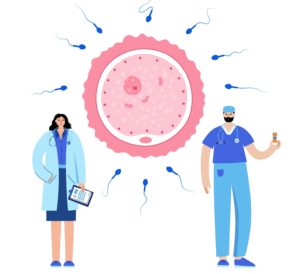
Adults conceived through sperm donation reported higher frequencies of various health conditions, including type 1 diabetes, in a study conducted by the Caring Futures Institute.
The study, led by Institute researcher and Flinders PhD candidate Damian Adams, is the first investigation into adult health outcomes of donor-conceived people.
The online health survey was completed by 272 donor-conceived adults, and 877 adults conceived spontaneously from around the world.
Results revealed that for most health outcomes donor sperm conceived adults reported no significant difference to participants born through natural conception.
However, the donor sperm conceived adults did self-report higher incidences of type 1 diabetes, thyroid disease, environmental allergies, acute bronchitis, sleep apnoea, and having ear tubes/grommets surgically implanted.
Damian says most of the health conditions reported in donor conceived people had an immunological basis, suggesting an alteration to their immunological systems.
“What may potentially be driving this is the maternal complication of preeclampsia, which has increased incidences associated with the use of donated gametes (sex cells),” he says.
“Preeclampsia is an extremely serious condition that is mediated by the immune system. Research has shown that children born from a pregnancy complicated by preeclampsia have altered epigenetic profiles including links with an altered immune system.”

It is suggested that the increased incidences of preeclampsia – which is characterised by the sudden onset of high blood pressure – lead to alterations to the immune system. This in turn can lead to health issues in adulthood.
“This process is known as the Developmental Origins of Health and Disease (DOHaD) which is supported by significant research findings in human and animal models,” Damian says.
In the study participants were matched for aged, sex, height, smoking habits, alcohol consumption, exercise, and fertility.
Damian says donor-conceived people are a hard to reach population, with research consistently showing that the majority of donor-conceived people don’t know that they are donor conceived.
“We had to implement 6 different recruitment strategies to attract the sample size that we achieved,” he says.
“However, there is an online community of donor-conceived people that has expanded rapidly in recent years so the ability to attract respondent is improving.”
Damian has a background in biotechnology, and began his PhD part time nine years ago at Flinders University’s College of Nursing and Health Sciences.
Damian’s interest in the health outcomes of donor-conceived people was sparked by “clear gaps in the literature” and the fact he is donor-conceived himself.
“The gaps in the literature was evident through a systematic review and meta-analysis we conducted and published which showed a dearth of studies investigating the perinatal and long-term health outcomes of donor sperm treatments despite the technique being used for almost 140 years.”
Read the Paper
Self-reported physical health status of donor sperm-conceived adults (2020) by Damian H. Adams, Adam Gerace, Michael J. Davies, and Sheryl de Lacey, has been published in the Journal of Developmental Origins of Health and Disease, 1-14.

